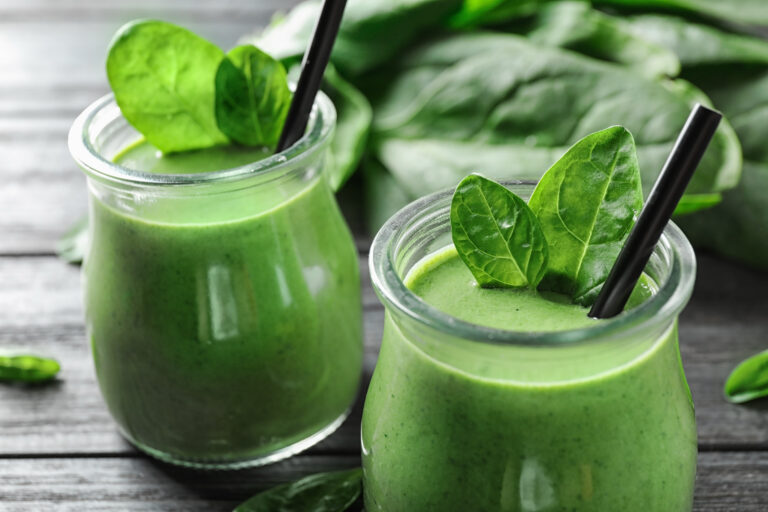
Nutrition Tips for Men’s Health
Share
When it comes to men’s health, strength is often the focus—muscle strength, mental resilience, and the stamina to power through work, workouts, and life’s many responsibilities. But even the strongest engine won’t run well without the right fuel. Nutrition plays a vital role in supporting men’s health at every stage of life, from building muscle and maintaining energy to protecting the heart and preventing disease.
Why Men’s Nutrition Needs Are Unique
Men typically have higher muscle mass, metabolic rates, and caloric needs than women. They’re also more prone to certain health issues such as heart disease, high blood pressure, and prostate problems. That means nutrition strategies for men should emphasize heart health, lean muscle maintenance, and cancer prevention.
Let’s break down the essentials.
1. Protein: The Building Block of Strength
Protein isn’t just for bodybuilders. It helps preserve muscle mass as men age, supports immune function, and keeps you feeling full.
Tip: Aim for a source of lean protein at every meal—chicken, turkey, fish, eggs, Greek yogurt, legumes, or tofu.
Post-workout? Pair protein with a complex carb like quinoa or sweet potato for optimal muscle recovery.
2. Heart-Healthy Fats: Not All Fats Are Created Equal
Despite old myths, healthy fats are essential. Omega-3 fatty acids (found in salmon, flaxseeds, and walnuts) reduce inflammation and support heart and brain health—two top priorities for men.
Tip: Cook with olive oil, snack on nuts, and try fatty fish twice a week.
3. Fiber: Not Just for Your Parents
Most men fall short on fiber, which can lead to digestive issues, weight gain, and higher cholesterol.
Tip: Load up on veggies, fruits, whole grains, and legumes. Try swapping white rice for farro or adding lentils to soups and stews.
4. Watch the Red Meat and Processed Foods
Studies link high consumption of red and processed meats to heart disease and colon cancer.
Tip: Enjoy steak or burgers occasionally, but make chicken, fish, and plant-based proteins your go-to. Limit deli meats, bacon, and fast food.
5. Hydration: Your Underrated Performance Booster
Water supports everything from energy production to joint lubrication. Even mild dehydration can impact mood and concentration.
Tip: Aim for 8–12 cups of water a day, more if you’re active. Watch for signs of dehydration like headaches or fatigue.
6. Smart Supplementation
Not all men need supplements, but certain nutrients are worth watching.
- Vitamin D: Many men are low, especially if they live in northern climates. It supports testosterone levels and bone health.
- Magnesium: Good for muscle function, sleep, and heart health.
- Zinc & Selenium: Linked to prostate health.
Tip: Check with a healthcare provider before starting supplements. Food first—supplements second.
7. Alcohol in Moderation
While the occasional beer or glass of wine isn’t likely to harm, too much alcohol can lead to weight gain, high blood pressure, and liver problems.
Tip: Limit to 2 drinks or fewer per day, and aim for alcohol-free days during the week.
The Bottom Line
You don’t need a strict diet or fancy supplements to stay strong and healthy. Focus on whole, minimally processed foods, stay hydrated, and fuel your body to match your activity level. Good nutrition doesn’t just support a better body—it builds a better quality of life.
Start small. Stay consistent. Fuel your best life.


